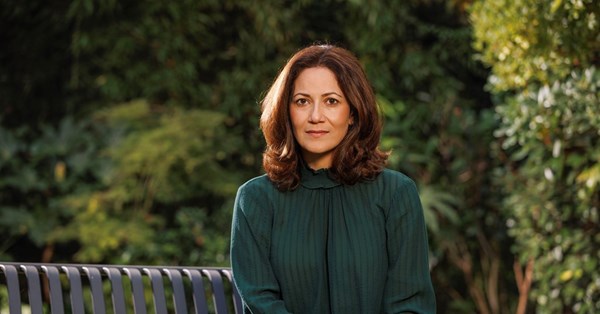THE broadcast journalist Mishal Husain was the subject of this week’s Who Do You Think You Are? (BBC1, 29 April). The hugely successful family-history series rarely misses the mark — presumably because, if the producers discover a dull backstory, they don’t pursue it. I identify with this quandary: if the paternal side of my family history were a stick of rock, it would have the word “Crewe” running all the way through it. Predictable? Yes. Uninteresting? Sadly, also yes.
Without giving away too many spoilers, Ms Husain’s family history is far more varied and curious, taking in migration to and from Pakistan, India, Ireland, and, of great surprise to her, America. Included in this grand geographical sweep were ancestors who left a significant historical impression on their times: for example, in India, at the height of British imperial rule, and in Massachusetts, at the beginning of the revolutionary war.
Gracious and intelligent, Ms Husain is a delight to watch. Her family story is fascinating, and highlights, as history so often does, the fragility of human life in the past, when people were only ever one shipwreck or illness away from certain disaster.
I watched Groomed: A national scandal (Channel 4, 30 April), knowing that it would be deeply upsetting, but also that it was a necessary programme to not duck out of seeing. It is required viewing for the Church if we are to hope to get to grips with our own safeguarding failures. It also raises vital questions about the influence of misogyny and classism.
There are uncomfortable patterns to be found in how the victims in these cases have been treated, and how other institutions, including the Church, regard people whom they have harmed, namely, as a problem to be brushed under the carpet, while protecting the perpetrator.
Set against the current political firestorm ignited by the cases, the programme bravely features the stories, as told courageously by five women, of how they were groomed and abused when they were vulnerable children.
It is the principled work of the filmmaker Anna Hall, who has been researching the cases since they first emerged in the 1990s. Under exploration is the widespread sexual abuse of female children by organised gangs of men in the 2000s and, in one case, as recently as 2022. The girls were overwhelmingly from broken homes, lived mostly in care, and the men were overwhelmingly of Pakistani origin, a fact that, Hall says, we must not shy away from.
That said, she also asserts that, ultimately, it is not a question of class, religion, or ethnicity. The question that we should be asking is, “Where is the justice for the victims?” As the survivors continue to be used as a political football, it is hard to see an answer coming any time soon.

















